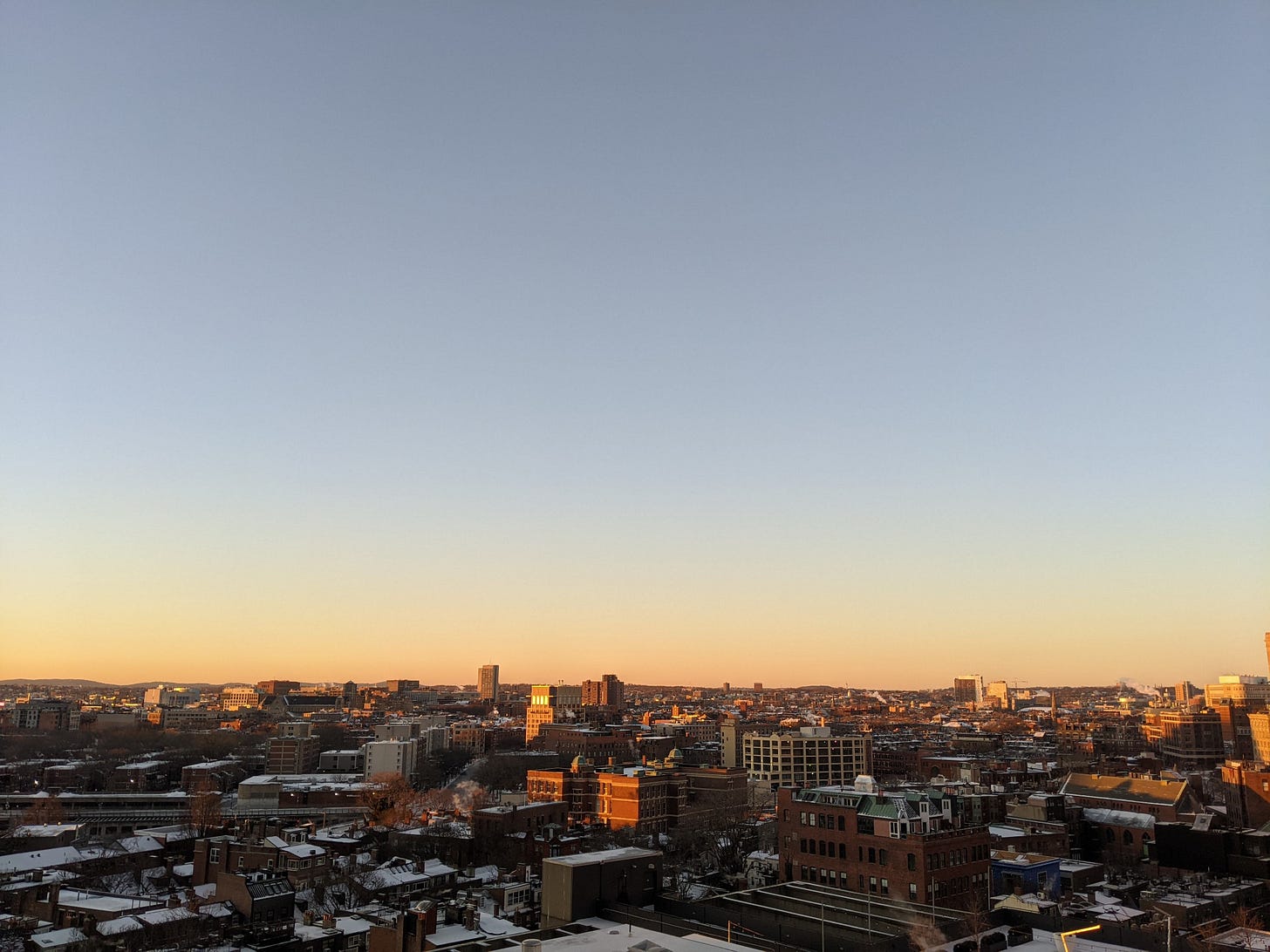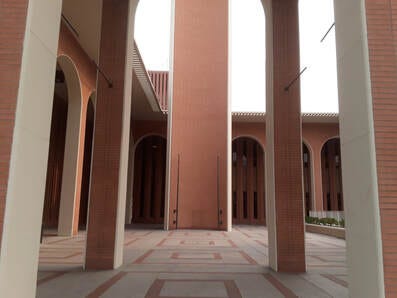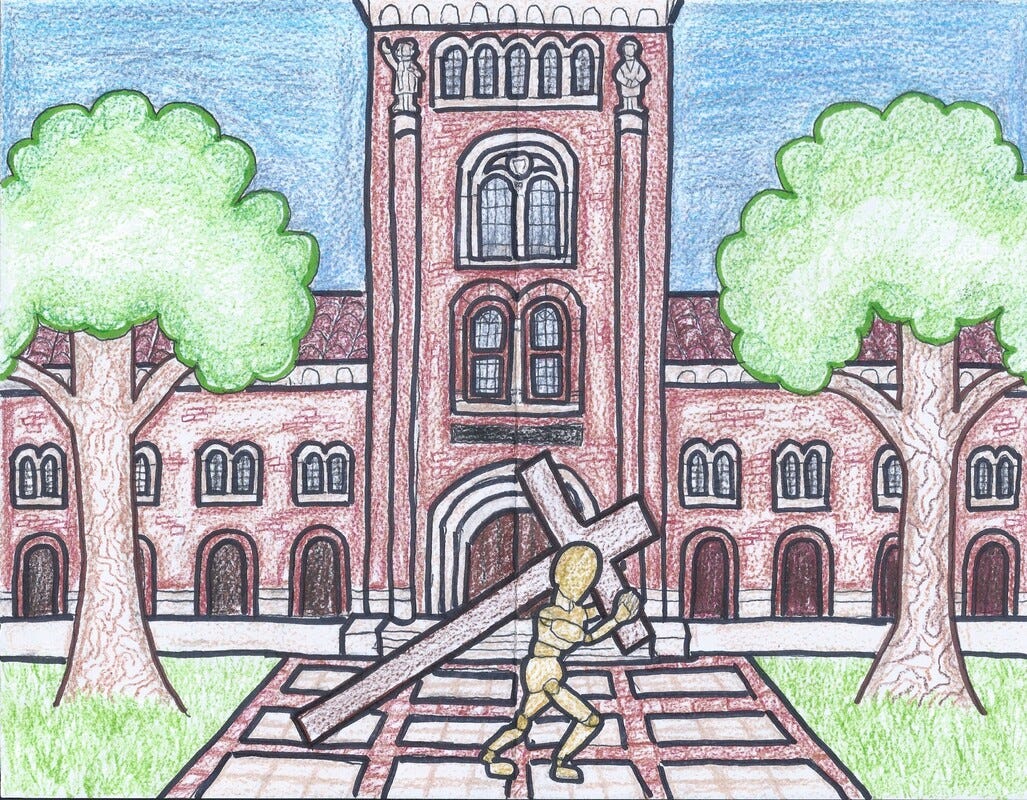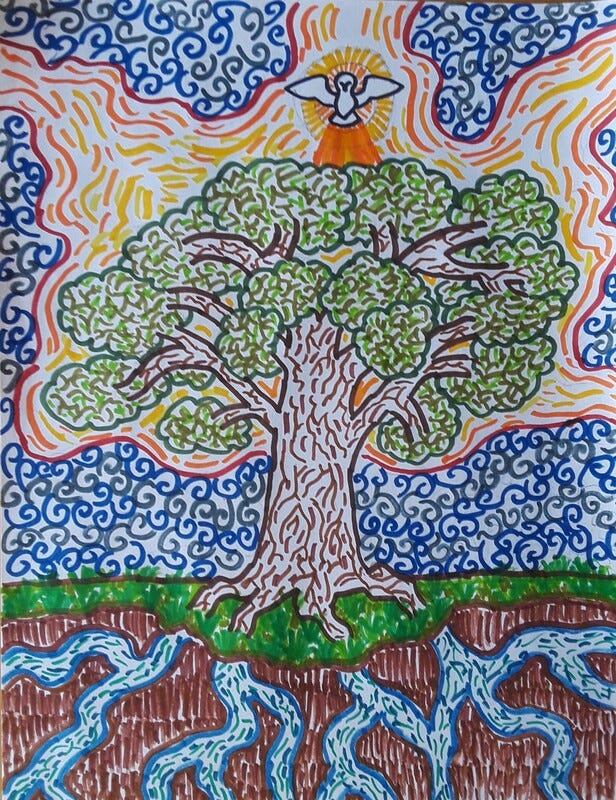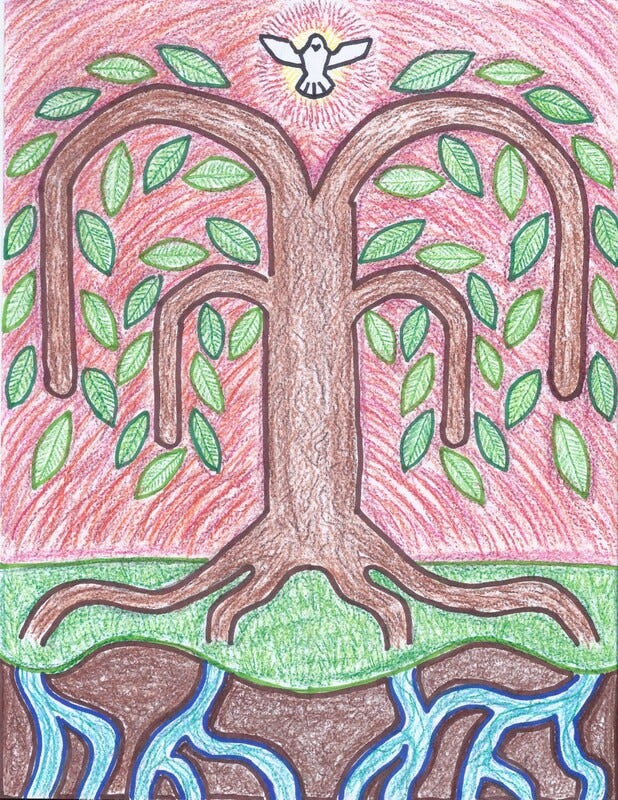[This was originally posted on my first blog on January 16, 2021. It is reposted here, with the author’s (my) permission, obviously.]
At USC, everyone has an ambition.
Some people simply want to strike it (or marry) rich. Others want to code the next great app or release the next hit single. And then there are the visionaries, who seek to create a better world.
Define your ambition wisely. If you don’t, you may not like what you see.
Enter Rufus von KleinSmid: USC’s fifth president and white supremacist. A passionate eugenicist, he supported the forced sterilization of Latina women in USC hospitals. During World War II, he was openly hostile towards Japanese American students, intentionally withholding their transcripts to force them to re-do their college educations.1
USC rewarded Von Kleinsmid’s ambitions with a statue and a building. His name and likeness left in 2020, but his racist legacy will stay at the University forever.
Racist ambitions have no place in the Kingdom of God. As an Asian American who has led multiple prayer meetings at VKC crying out for justice and revival, I have firsthand knowledge of the spiritual havoc wrought by selfishness and bigotry. Ambition unchecked by justice ruptures relationships, destroys lives, and causes centuries of untold suffering.
If you are a survivor of racism, know that God sees you. God hears your cries, and He will answer them with justice.
While God rejects racist ambitions, God honors ambitions that seek to build up others. Saint Paul warns us to “do nothing out of selfish ambition or vain conceit.” Rather, we are to “in humility value others above yourselves, not looking to your own interests but each of you to the interests of the others.”2
I’ll end this section with one of these honorable ambitions.
Meet my old friend-tor, Carolyn. Carolyn is a white woman who uses her privilege to empower students of color to grow academically and spiritually. While she says she struggles with pride, her posture of humility is especially apparent in this excerpt:
How can we participate in the work of God to make our city, our school, and our fellowship more like Heaven? There are no easy answers to this question. It’s going to take a lot of courage, self-reflection, and trust in God.
Meanwhile, I worship a Savior whose main ambition was to die on a tree.
In my first vision, I was walking up Trousdale Avenue when I saw Jesus dragging a large wooden cross. The cross was heavy and painful, and He was all alone. Fatigue was starting to overtake Him.
In the world of the Gospels, a cross signified a lonely, painful death.3 Crucifixion was reserved for the worst criminals, and it involved getting stripped naked and hung on a large wooden beam. Onlookers would mock the victims, who slowly strangled to death.
The cross was the instrument of Jesus’ death, but it was also a perfect metaphor for Jesus’ life. Jesus chose to give up His throne in heaven to become one of the oppressed and bring them spiritual liberation.4 For daring to question the religious and political elites, he faced betrayal, humiliation, and rejection.
The cross was also an accurate depiction of my life, but for very different reasons. While I enjoyed relative racial and economic privilege, I lived in fear of an abusive pastor for five years. The ungrace and manipulation I learned from this man hurt me and my relationships with others, leaving me with a life of loneliness and suffering.
I was and still am deeply unworthy of the death Jesus died. But in my vision, Jesus motioned me towards another cross, saying, “Will you pick up your cross and follow me?”5
As I began to carry my own cross, I began to look around. What I saw surprised me: a multitude of young people were marching in the same direction, each carrying their own cross.
I may live a life of suffering, but it will no longer be a life of loneliness. I now follow Jesus in community with a close circle of friends and a Bible study of people who deeply value God’s justice. My ambition is that my life of suffering ensures that others will suffer less.
But why Trousdale? Perhaps Jesus was trying to say that USC would be the place where I would lay the traumas of the past to rest. In their place, I would create a new foundation on the cloud of witnesses and sacrifices of activists who have come before me.
As a Christian at USC, I get to build on one hundred years of Christian witness. I get to build on the Circuit Riders’ zeal for mission and Professor Dallas Willard’s wisdom on the spiritual disciplines. I also get to build on the decades of gospel work undertaken by InterVarsity Trojan Christian Fellowship.
As an Asian American at USC, I also get to build on decades of activism from the Asian Pacific community. I get to build on the Asian American Social Work Caucus’ initiative to hold USC’s academia accountable.6 I get to build on the Asian Pacific Student Outreach’s advocacy for ethnic studies and Asian Pacific student services at USC.7 Most importantly, I get to directly add onto the legacy of the Student Coalition for Asian Pacific Empowerment (SCAPE) by furthering its awareness work and community partnerships.
My old mentor Carolyn’s penchant for good questions is starting to wear off on me: What kind of foundation am I going to build to replace the pain of the past and work towards the dreams of the future?
I seem to have an obsession with burning trees.
My first burning tree appeared during my first retreat with Latinx Fellowship (LaFe). We were in the middle of a two-hour long affirmation session, and I wanted to document the Spirit moving among us. The tree on the left is the result of my efforts.
I drew from Psalm 1’s description of followers of God as “trees planted by streams of water,” adding an outline of blazing fire in allusion to Moses’ spiritual encounter at the burning bush.8 The white dove at the top represents the anointing of the Holy Spirit, which not only creates the fire but also the winds blowing about.
This is a symbolic representation of a community whose lifeblood is the Holy Spirit. In other words, the church.
The church was born from the rushing winds of the Holy Spirit, who armed two hundred brave souls with tongues of fire.9 These witnesses declared God’s deeds of power over the entire Mediterranean, unshackling countless souls from the bondage of Death and Hell. Together, they built a beloved community that opposed the Roman Empire’s imperial aggression and offered spiritual liberation to all nations.
Initially, the legend of the early church drove me to pursue multiethnicity with InterVarsity Christian Fellowship's Latino Fellowship (LaFe) as the USC chapter's Service Chair. It was gratifying to build friendships with the people in LaFe, who despite our racial and cultural differences shared many of my same hopes and dreams. No matter what, LaFe USC will always have a special place in my heart.
However, my second year of college saw me asking tougher and deeper questions about the religious experiences of my own racial group.
I joined a Facebook group called Progressive Asian American Christians (PAAC), where I read story after story about the trauma and abandonment faced by Asian LGBTQ Christians and their allies for the past four years. In 2016, InterVarsity purged all LGBTQ-identifying and affirming staff members, depriving LGBTQ staff and students of a supportive community. While the "Purge" did not target Asian Americans in particular, many of the purged were Asian Americans.
As a church abuse survivor, I know what's like to be told that you will never be enough because of who you are. My body shook with anger as I realized that my siblings in Christ regularly endured and continue to endure the same treatment. I knew that I needed to do something.
I began to cry out to God, demanding justice for His children. I began to educate myself on what it meant to be a person of justice, challenging my own biases and prejudices. I began to prompt tough individual and group conversations within LaFe USC and InterVarsity as a whole, asking my peers to consider what it would look like to include and care for the needs of LGBTQ students. I even began to slowly unlearn my contempt towards non-Christians, joining Student Coalition for Asian Pacific Empowerment (SCAPE) to learn the theory and practice of justice from the Asian American activist community at USC.
I also began to start my own Bible study (independent of InterVarsity) for Asian students to explore the intersection of Jesus and justice. I know how painful it is to go through this journey alone, and I wanted to ensure that other students didn't have to endure what I went through. I wanted to provide a safe space that Asian LGBTQ folx, activists, and other groups devalued by the church for their commitment to justice, could call a spiritual home-away-from-home.
I still want to serve LaFe to the best of my capacity for as long as God calls me to. But I know that my true ambition is to work towards the physical and spiritual liberation of the Asian American community.
New ambition, new tree.
While the religious motifs mostly remain the same, the dove is blowing the fiery winds of the Holy Spirit. More importantly, the tree is now a willow tree, a Chinese symbol of immortality and rebirth. Pursuing the immortal legend of the early church has rebirthed my ministry into something that is truer to my abilities, experiences, and ambitions.
The willow also intentionally resembles SCAPE's logo. Let’s get something straight: SCAPE is non-religious. It is also a way for me to live out Christ’s call to serve the least of these.
Whether it's doing justice work with SCAPE or building up my Asian American justice study, I aspire to serve the Asian American community with Jesus' love. I know that it will take time to make amends for the church's hostility towards Asian LGBTQ folx. But for now, I aspire to work towards justice, one burning tree at a time.
This is my ambition.
See “Messiah on the Margins” for the citations for all the Von Kleinsmid content.
Phil 2:3-4
Britannica, https://www.britannica.com/topic/crucifixion-capital-punishment
Phil 2:5-8
Luke 9:23
The Scroll, 1880 Project, https://cliouschistory.wixsite.com/scroll/1880-project [LINK IS BROKEN]
APASS, https://apass.usc.edu/about/history/
Ps 1:3, Ex 3
Acts 2





